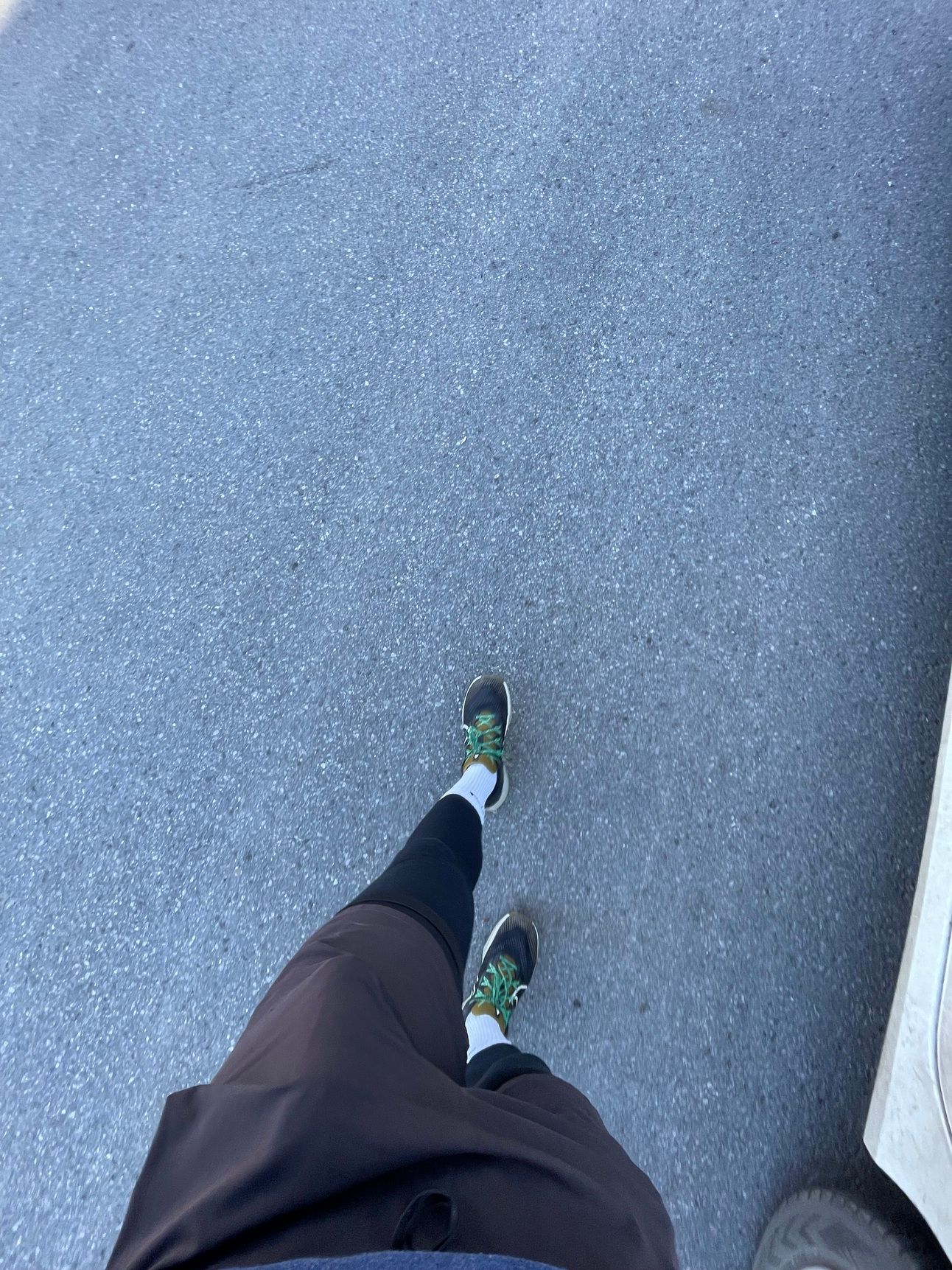
MTL Style
48 in 48—Season 4 in Montreal
Originally posted: February 27th, 2024
I have never run a marathon, but I have ultra marathons in me. I train each day like it’s an Olympic year. Each year, the Run gets easier. The last two years were ramen and sushi flavoured; the weather was nice, and the routes were clear of snow and ruralness.
Initially, I thought this year’s 48 miles in 48 hours would be delayed by a week to a month. But half a day is alright. Honestly, I hadn’t thought about it before last week. In past years, I ran 5 times the day before and last year, I ran half the total miles in a quarter of the time (25 miles in 3 runs). This
I run to quiet my inner critic, if only for another 51 weeks. I must stay alert during this time, churning my feet and pushing forward. I am thrilled to have the ability and mindset to do something awesome. I do it to affirm I can do the difficult things. I enjoy the soreness, the weary legs, the 2 am stares into the night and the following day. Watch as I add a side of difficulty, a challenge within a challenge. This weekend, you can find me running 4 miles every 4 hours for 48 hours.
Correction, let’s make that 5 miles 😃.

I must admit this year’s run was the easiest of the other three. I didn’t prepare like the first, had limited personal space, and didn’t attend a three-hour MMA class—that being said, running was the least of my worries. This year’s start was 3.5 runs later. I didn’t have the luxury of running to, during, and from work. This was the longest stretch without nagging tightness, soreness, or strains.
I ran noticeably slower than in past years but was fresher and more consistent. Though my achilles and hip acted up early, the remaining runs were relatively drama-free. I didn’t get lost, and the weather was just right. I didn’t extend my fast as long as I wanted to and caught a nap earlier than intended. I was well-fed and hydrated. Yet, in the end, I was hungry for more miles.
How to Run a Half Ultramarathon in less than 36 hours.
Without injury while fasting for 20 hours and with minimal sleep.
Coach DC
Use of Data for Success
This guide emphasizes a balanced approach to tackling a half ultramarathon in intervals, underlined by actual run data. The insights from the data reinforce the importance of structured preparation, strategic pacing, and dedicated recovery. Aim for incremental improvements by integrating these strategies and learnings into your training and execution for your ultramarathon challenge.

Gear & Tools
Trail Shoes: Essential for varying terrains. I prefer the Nike Trail series.
Compression Gear: Pants and underwear to support muscles and reduce fatigue.
Clothing Layers: Joggers or shorts, double layers of socks, a headband or toque, a windbreaker, and a hoodie for weather adaptability.
Technology: Tracker, phone, & headlamp
Mental Strategies

Mental Resilience
Break the challenge into manageable segments, focusing on one segment at a time.
Share progress for motivation; real-time updates provide accountability and community.
Music
The clash between my feet and the sidewalk would be rhythm enough if I ran without music. But I enjoy the Smooth lyrics and vibing bass as they dissolve into my cadence.

Half Ultramarathon Legends
A half ultramarathon is a 50-mile run that challenges not only your physical endurance but your mental as well.
Rank | Name | Record Time |
1 | Charlie Lawrence | 4:48:21 |
2 | Jim Walmsley | 4:50:08 |
Training Approach
Start 12 to 16 weeks out based on your experience and the route
Train daily with the option of lighter activities on day 7
Implement a mix of speed, interval, recovery, long runs and strength training
Gradually increase duration and distance and peak a month from the race
Or run at least 5 miles daily.

What I Can Improve Next Year
Sleep: I could increase sleep duration for better recovery and mental sharpness, but that is not challenging enough.
Nutrition & Fasting: I will eat less frequently in between runs. A near-empty but nourished stomach has major benefits.
Hydration: I could implement a hydration schedule to track intake more effectively.

Key Data Insights
Fastest Pace: 9 minutes 32 seconds per mile, showcasing potential when conditions and preparation align.
Recovery: Start stretching in the earliest sessions.
Physical Endurance: We allocated less time to push-ups in favour of additional miles.

Peaking at 2025
When I decided to run 5 miles per session, I realized my true goal was 100 miles.


Social Media